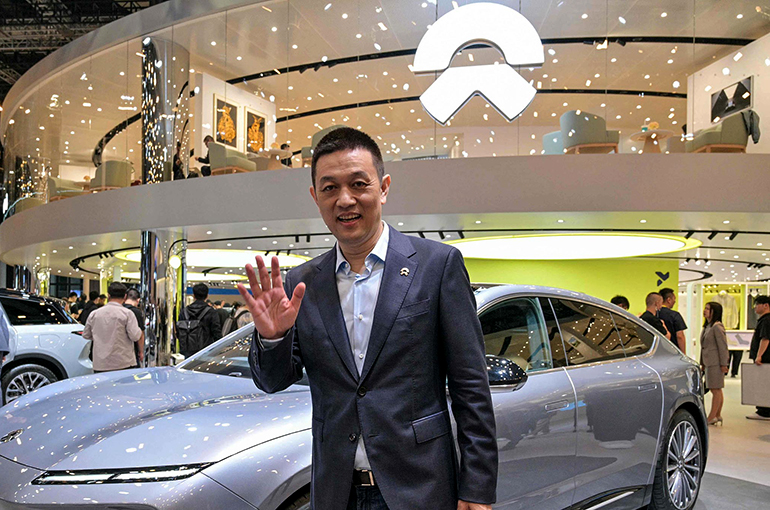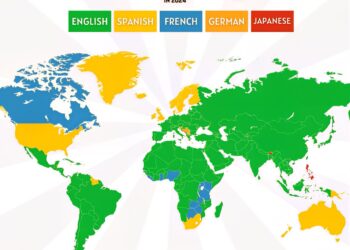Select Language:
Nio must achieve profitability this quarter, with employee dedication expected to be unwavering over the remaining 70 days of the year, according to a recent report citing the company’s CEO.
“This is the goal our entire team needs to deliver to demonstrate our operational efficiency and management capability,” the 21st Century Business Herald reported, referencing William Li’s remarks during an internal meeting for mid- to senior-level staff on October 17. He emphasized that reaching profitability in the fourth quarter “is not just for show, but the foundation for our company’s long-term sustainable growth.”
In the second quarter, Nio’s net loss increased slightly by 0.3%, totaling 5.1 billion yuan (approximately USD 720 million), while revenue grew 9% to 19 billion yuan (about USD 2.7 billion), as detailed in its earnings report. For the third quarter, the company reported a 41% increase in deliveries, totaling 87,071 vehicles from a year ago, though financial figures for that period have not yet been disclosed.
Li, who serves as both founder and chairman, outlined three core actions to reach profitability: focusing on marketing key models, ensuring supply chain support and cost reductions, and timely delivery of high-quality software updates. He stressed the importance of each vehicle, especially ahead of potential demand dips resulting from the upcoming EV purchase tax adjustments in the first quarter of next year, highlighting the need to “capture sales.”
Among competitors in the EV startup space, Li Auto reported its 11th consecutive profitable quarter in the second quarter, Leapmotor Technology posted its first half-year profit, and Xpeng Motors reported a second-quarter net loss of 480 million yuan (about USD 67.4 million), marking its lowest loss in nearly five years.
“Profitability fundamentally depends on selling more cars, not just cutting costs,” Li remarked.
He indicated that each business segment should develop a detailed three-year operational plan while strengthening the overall management structure this quarter. This includes evaluating and incentivizing the cell business unit and maintaining focus on the 15 “system capabilities” he emphasized last year. The CBU strategy is geared toward improving efficiency rather than cost-cutting.
Li also noted he will personally oversee the demand forecast for the next 18 months and plans to participate in over 30 relevant seminars during the fourth quarter.
Back in March, Li committed to achieving quarterly profitability by year’s end, warning that failing to meet this goal could pose serious challenges to Nio’s long-term growth and business model.






